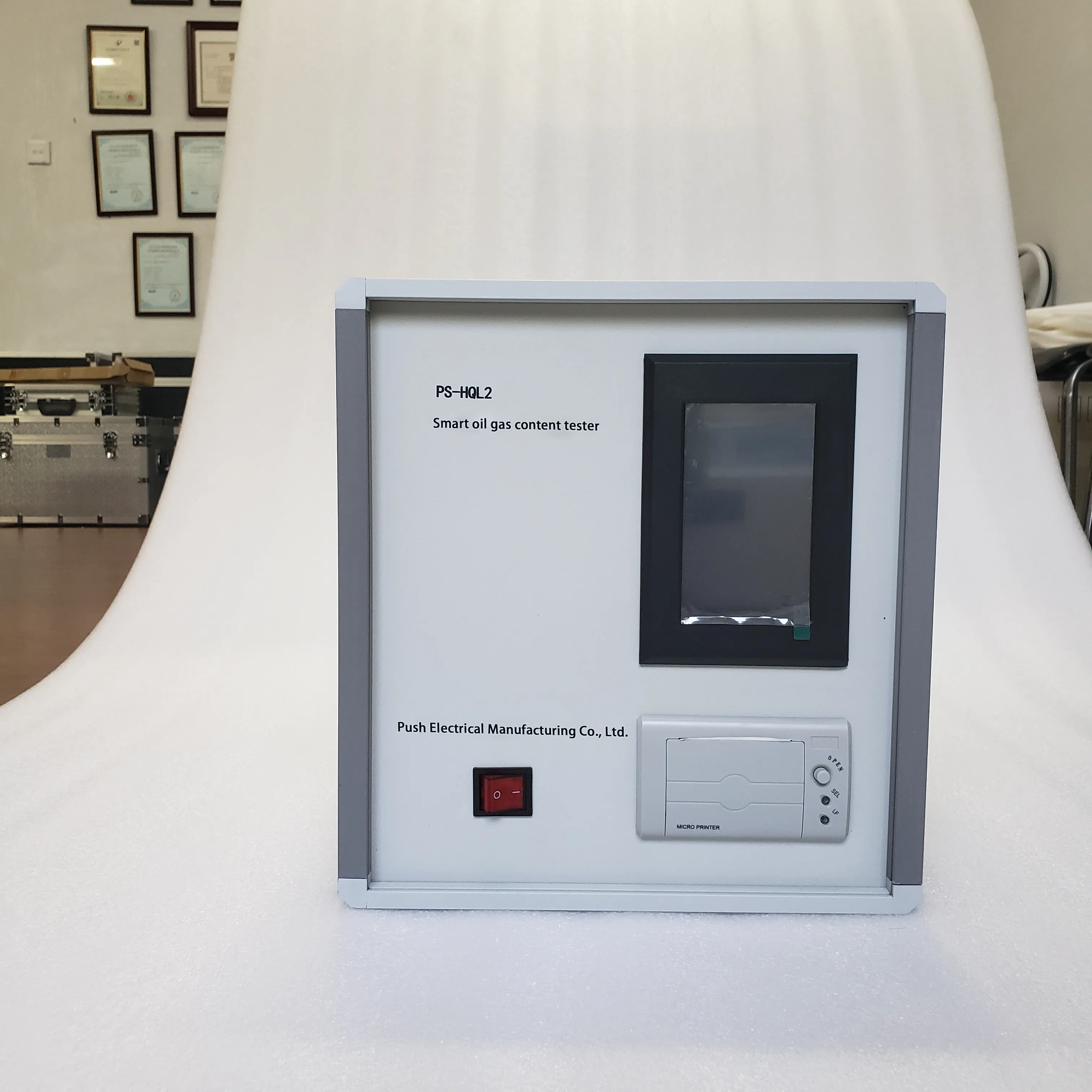 English
English


tan delta meter
Understanding Tan Delta Meter A Key Tool in Insulation Testing
A tan delta meter is a specialized instrument used primarily for testing the insulation quality of electrical equipment, particularly in high-voltage systems. It plays a critical role in predictive maintenance and condition monitoring, providing valuable insights into the health of insulation systems. This article explores the principles behind tan delta measurement, its applications, and the significance of using such a device in the field of electrical engineering.
What is Tan Delta?
The term tan delta refers to the tangent of the loss angle (delta) in an electrical insulating material. This ratio is a reflection of the dielectric losses within the insulation system due to its conductivity. The dielectric loss indicates how much energy is dissipated as heat when the insulating material is subjected to an AC voltage. As insulation degrades over time, the tan delta value increases, indicating higher losses, which can lead to insulation failure if not addressed timely.
Principle of Operation
The tan delta meter operates on the principle of applying an AC voltage to the insulation material and measuring both the current flowing through it and the phase angle difference between the voltage and current. It calculates the tan delta value using the formula
\[ \text{tan}(\delta) = \frac{\text{I}_\text{loss}}{\text{I}_\text{cap}} \]
tan delta meter

where \( I_{loss} \) is the resistive current and \( I_{cap} \) is the capacitive current. The higher the tan delta value, the greater the losses, indicating poorer insulation quality. Typically, the values are considered acceptable when they are low; however, what is deemed acceptable can vary depending on the specific application and the insulation material used.
Applications in the Field
Tan delta meters are widely used in various industries, particularly in power generation, transmission, and distribution. They are invaluable in assessing the condition of transformers, cables, switchgear, and generators. Regular testing can help predict potential failures, allowing for timely maintenance or replacement of insulation materials before catastrophic failures occur.
Additionally, tan delta testing is crucial during commissioning and periodic maintenance checks. It helps ensure that newly installed equipment meets the necessary standards and performs reliably under operational conditions. By enabling operators to establish baseline readings, tan delta meters become essential tools for long-term monitoring.
Importance of Insulation Testing
Proper insulation testing using a tan delta meter is essential for the safety and efficiency of electrical systems. Deterioration of insulation can lead to short circuits, system outages, and even catastrophic accidents, posing safety hazards and financial losses. By regularly monitoring insulation health, operators can significantly reduce the risk of unexpected failures and enhance the reliability of electrical infrastructure.
In conclusion, the tan delta meter is a critical instrument for ensuring the longevity and safety of electrical insulation systems. By providing valuable data on insulation condition, it helps engineers and technicians to make informed decisions regarding maintenance and replacement, ultimately enhancing system reliability and operation efficiency. As electrical systems become more complex and integral to our daily lives, the role of the tan delta meter in preventive maintenance strategies will only continue to grow.
-
Differences between open cup flash point tester and closed cup flash point testerNewsOct.31,2024
-
The Reliable Load Tap ChangerNewsOct.23,2024
-
The Essential Guide to Hipot TestersNewsOct.23,2024
-
The Digital Insulation TesterNewsOct.23,2024
-
The Best Earth Loop Impedance Tester for SaleNewsOct.23,2024
-
Tan Delta Tester--The Essential Tool for Electrical Insulation TestingNewsOct.23,2024





